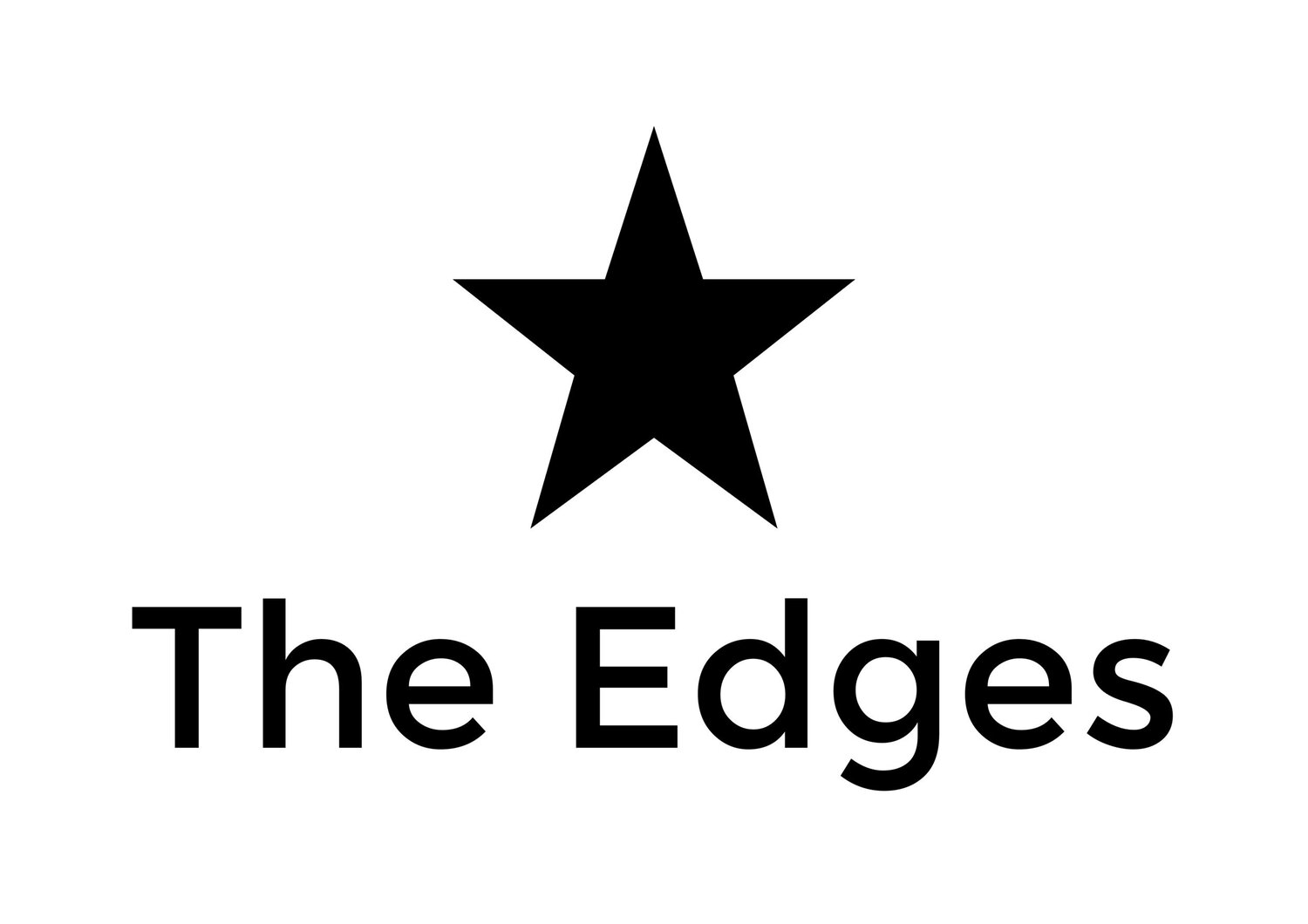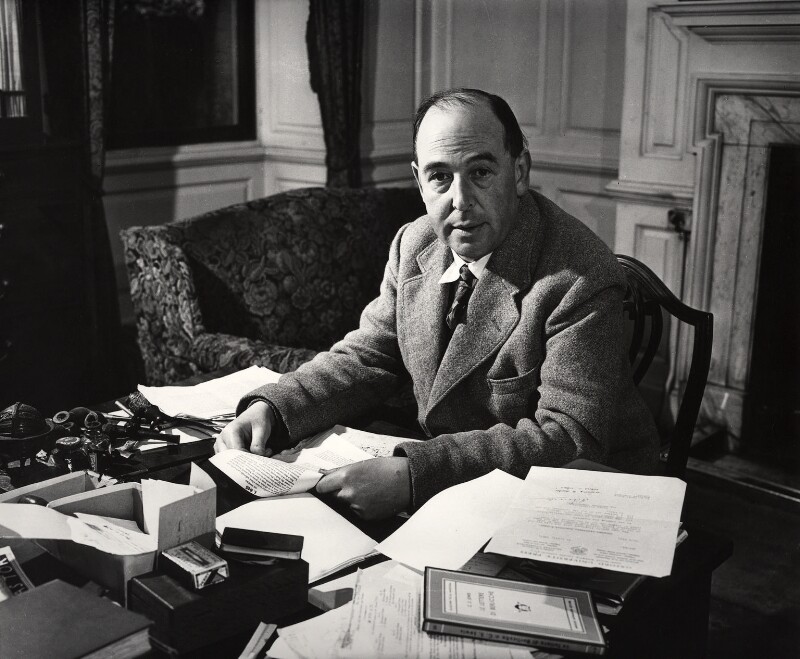Fighting for Our Minds
I know nothing. That thought ran through my head after I received my PhD. I felt like the journey of “knowing” had just begun.
A seminary professor of mine once told me that when he received his PhD, he realized that knowledge is like an island with a never-ending shoreline.
I love that idea. It’s like having a white belt in knowledge, forever. In Taekwondo, the white belt means, “pure, humble, no knowledge.”
The idea here is to be a lifelong learner; to stay forever curious; to wade into deep waters and pray you’re strong enough to doggy-paddle around for a while.
This truth continues to push me in my own studies: the need to keep learning and maturing, the need for deep study.
But when it comes to study, how do we know what and who to read? What kinds of books will help us deepen our lives? Are all books created equal when it comes to personal growth?
We live in a time of information overload. So many new books, I can’t keep up: fiction book clubs, memoirs galore, “big idea” books. We love spiritual trends; like spiritual enneagram books or spiritual formation books.
With so many new books out there, it’s easy to feel like you’re just not up to snuff on all the latest greatest ideas if you’re behind in your popular book reading. And that’s not good.
I often wonder if spiritual book trends have taken over the Christian market and mind; hobbling our innate curiosity for deep theological study. It seems like a disparity exists between our desire to soak up secondary sources and our passion for in-depth study of the primary sources and the greats.
We settle for reading about the works of Augustine instead of reading Confessions.
Of course, I’m merely echoing what C.S. Lewis said in his introduction to Athanasius’ On the Incarnation. Like Lewis, I am a writer in the modern era, so I’m not suggesting we read only dead authors. I’m merely suggesting that we seek balance in our study of theology.
Lewis said if he had to advise a reader between new and old writers, he’d suggest they read the old.
“A new book is still on its trial, and the amateur is not in a position to judge it,” writes Lewis. “It has to be tested against the great body of Christian thought down the ages, and all its hidden implications (often unsuspected by the author himself) have to be brought to light.”
It’s easy to get caught up in the constant stream of new books out there. The new shiny book can make reading the Old Testament seem rather dull. That’s why Lewis suggested reading one old author for every new one.
My wife likes to say that if we want to serve others well, and better contribute to the Family of God, then we need to draw from a deep well. I agree. And there’s something to be said for adjusting one’s reading diet. It’s like exercising; once you get past those first two weeks of working out, your body starts to crave it.
I think the same is true for the mind.
Over the last nine months, I’ve been reading through the Bible chronologically; taking my time, and going deep, even into the languages. I can’t tell you how my reading palette has changed in these precious months.
I hunger for the Old Testament now. My love for the Scriptures has deepened. And I find myself cracking open the books of dead authors whose tomes have stood the test of time.
Imagine if we became masters of The Pentateuch or of the works of St. John or Isaiah. What if we spent a year in The City of God or studied the entire Bible chronologically? What might happen to our thoughts, our speech, our hearts?
We must not settle to be told everything we are “supposed” to know; just following the trends. And we must not exchange hard reading for easy reading, for it does not deepen the mind. It placates it. We must fight to keep our curiosity, which comes with some effort and endurance.
Naturally curious, we move toward discovery in many areas of life. But like anything, if we stagnate our intellects they will atrophy. Like muscles unused, we will grow fat in our minds—slothful and weak.
The same is true of our faith in God. Are you familiar with the phrase “faith seeking understanding” (fides quaerens intellectum)? It means “an active love of God seeking a deeper knowledge of God.” Understanding of God requires us to move, to be active and search his depths.
So, how can we be better readers, better seekers, better discoverers and explorers in our study of God?
We must do the work, simple as that.
My daughters have arrived at that age where they realize in order to progress in their piano or art or martial arts or writing or math, they need to put in consistent hard work. They moan and groan, but the pain of putting in the work vanishes when they can play that hard piece on the piano or receive a higher belt or finish a painting they’re proud of.
Understanding, discovery, curiosity all require us to dig deeper, to work a bit. I love how Mortimer Adler, author of How to Read a Book, defines the art of reading.
He says the art of reading is “… the process whereby a mind, with nothing to operate on but the symbols of the readable matter, and with no help from outside, elevates itself by the power of its own operations.”
Adler distinguishes between two types of reading. Reading in the first sense focuses on information while the reading in the second sense centers on understanding.
Reading in the first sense does not cause us to grow because “our understanding is equal to the author before we started.” Think here of magazines, newspapers, blogs, social media posts, and popular books.
Reading in the second sense, however, is when a person “tries to read something that at first he or she does not completely understand.” The kind of reading is the reading between unequals. We cannot grow without this kind of reading.
~
For me, I find it most helpful to keep the white belt mantra always on my mind yet with the black belt ever before me. It will require push-ups, sit-ups, running (which I detest) and focus on ancient fighting forms.
My goal is not to stay a white belt, but to progress and to do so requires me to work at it, and to be challenged by the master of my dojung.
It is the same with the spiritual life and the study of theology; except the black belt is a deeper understanding of God. How do I get there? Learning from the masters, time in the originals, and some push ups for my brain.
Photo by Lonely Planet on Unsplash









